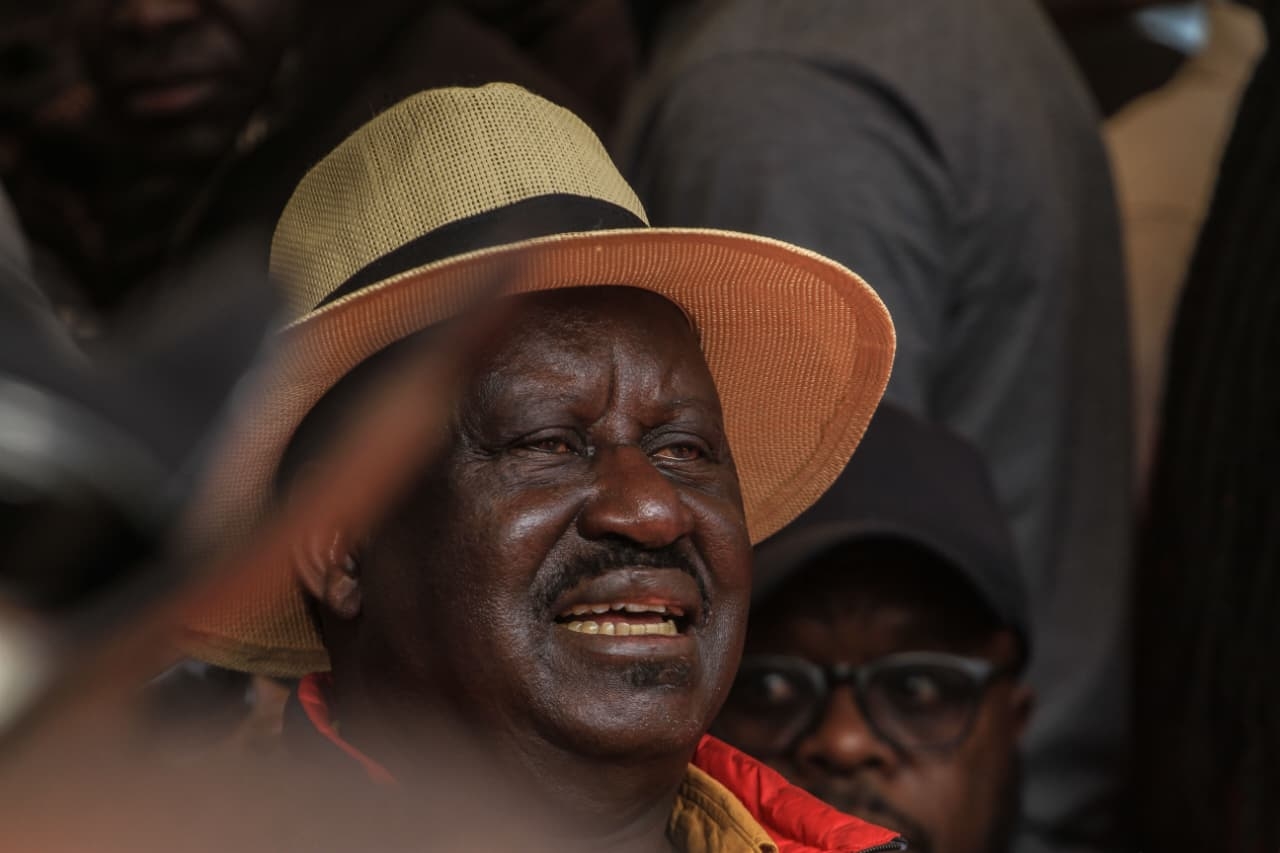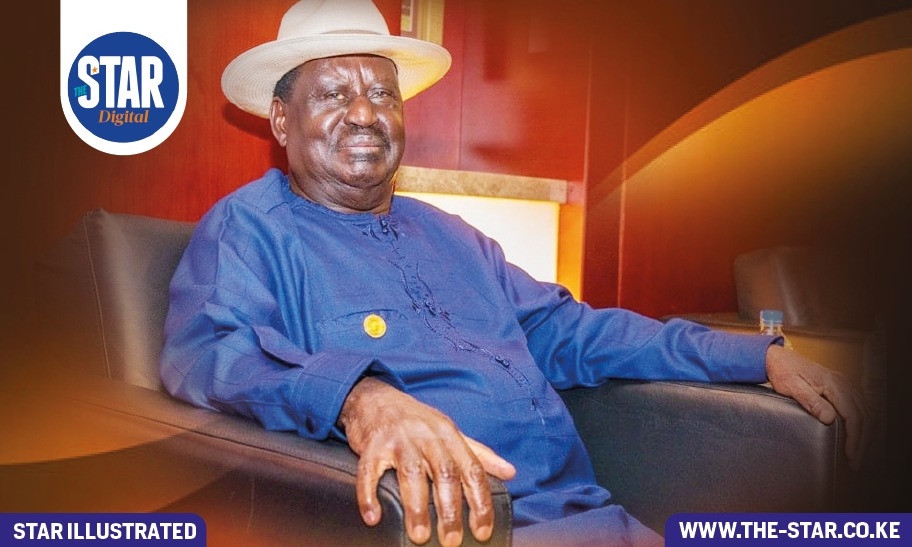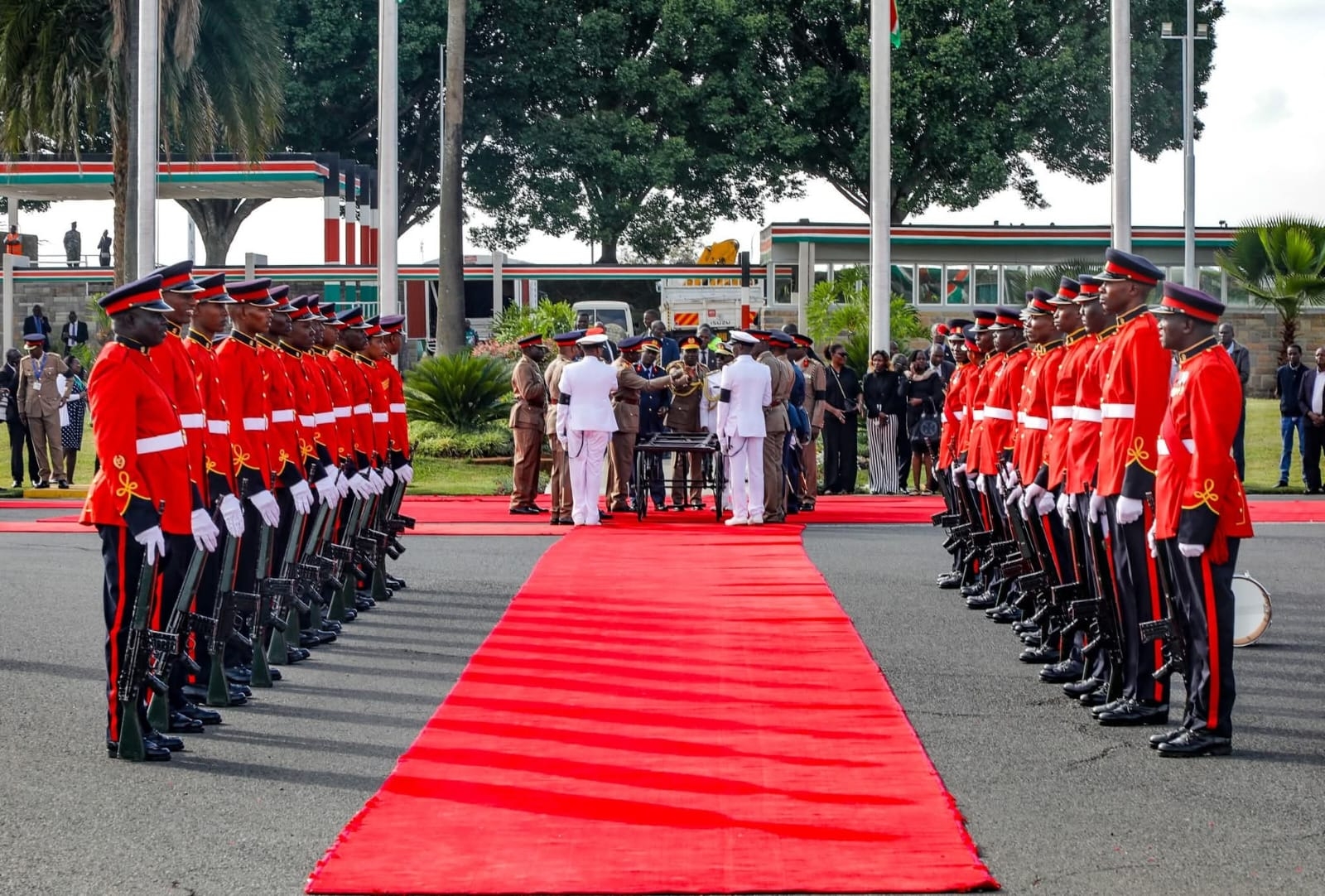The Pharmacy and Poisons Board is currently evaluating the Pfizer and Sinovac vaccines in an effort to give Emergency Use Authorisation.
The board has awarded emergency use Authorisation to the Sputnik V vaccine but maintains the vaccine is yet to be included in the National Vaccination Programme.
Sputnik V is a Covid-19 vaccine developed by Russia’s Gamaleya National Centre of Epidemiology and Microbiology.
“The Health Ministry has not yet decided to use Sputnik V vaccine. The Pharmacy and Poisons Board in reviewing the Sputnik V considered all aspects of quality, safety and efficacy. It is wholesomely safe,” the board said in a statement.
“It is the duty of the ministry as guided by the national vaccine and immunisation programme to determine what vaccines to buy based on factors such as the cost and cold chain considerations.
According to the PPB, the first round of assessment on quality, efficacy and safety was initiated from February 8 after an initial application was submitted on February 5.
The process was completed on February 24 and communication sent out the same day after the application turned out unsuccessful.
The second application was completed on March 5 after another assessment was conducted. The applicant met all the requirements including responses to outstanding questions that had been raised by the board.
“The ministry of Health may consider buying other vaccines once the Pharmacy and Poisons Board grants Authorizations.”
Sputnik V is expected to work by preparing the body to defend itself against infection with the SARS-CoV-2 virus.
This virus uses proteins on its outer surface, called spike proteins, to enter the body’s cells and cause Covid-19.
Once it has been given, the vaccine delivers the SARS-CoV-2 gene into cells in the body. The cells will use the gene to produce the spike protein.
The person’s immune system will treat this spike protein as foreign and produce natural defences; antibodies and T cells against this protein.
Should the vaccinated person later on come into contact with SARS-CoV-2, the immune system will recognise the spike protein on the virus and be prepared to attack it.
Antibodies and T cells can work together to kill the virus, prevent its entry into the body’s cells and destroy infected cells, thus helping to protect against Covid-19.
Already, the ministry has established an independent safety monitoring board that will advise on any matters arising from the vaccination programme and ensure corrective measures are taken with immediate effect.
“The recent vaccines that we received are the astrazeneca whose efficacy and safety has been approved by the World Health Organisation. On our part, the ministry of health recommends approval by stringent regulatory authority and registration by PPB for the vaccines that come into the county.
There are other vaccines that have also been submitted for WHO approval and they include Sputnik, Johnson& Johnson, Sinovac, Sino Pharm and Novavax,” he added.
The government plans to reach at least 1.25 million Kenyans with the Covid-19 vaccine by June 30.
The 1.02 million doses of vaccines which arrived in the country on Tuesday last week night under the Covax facility were flagged off from the national store in Kitengela by President Uhuru Kenyatta.












